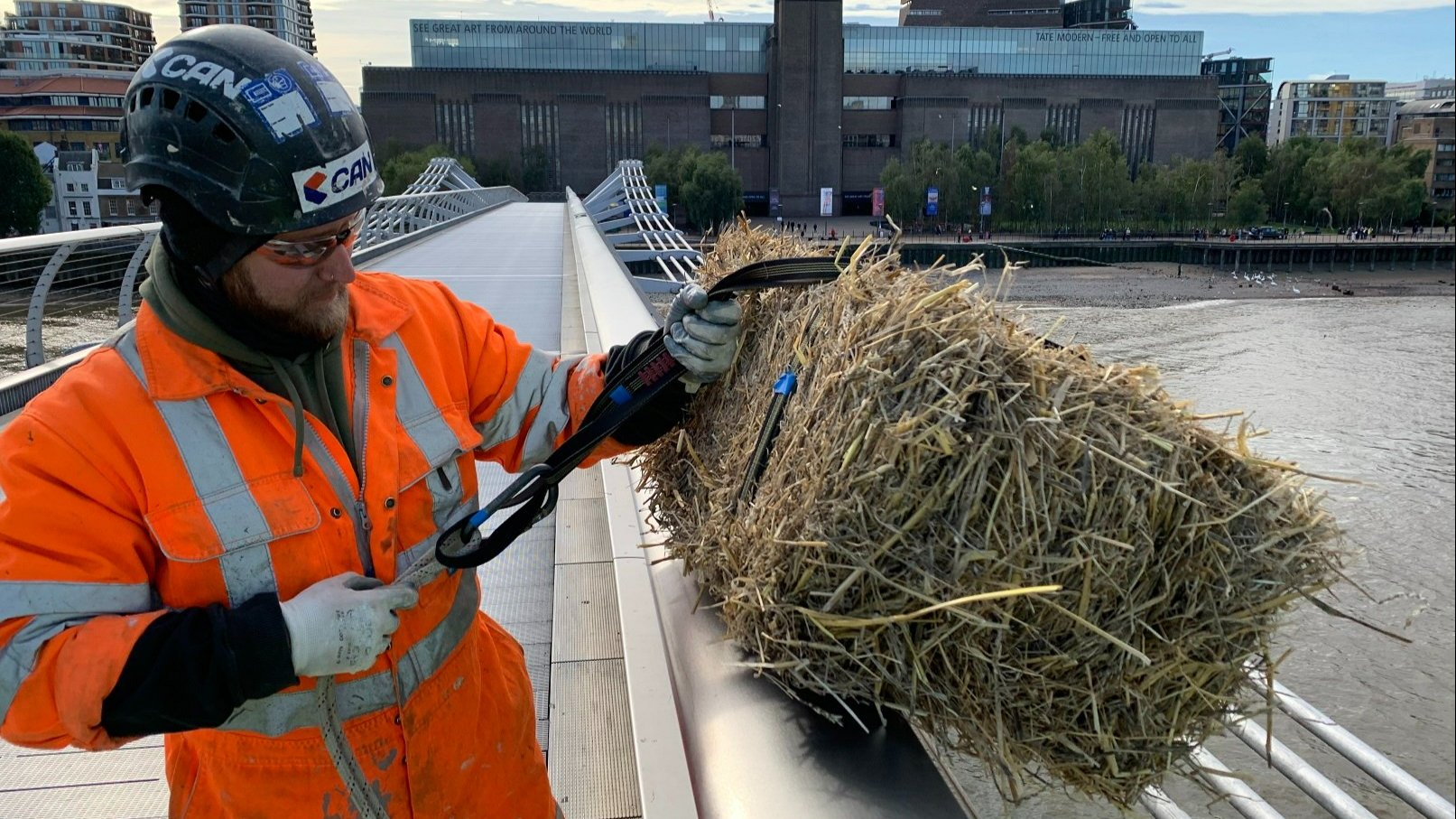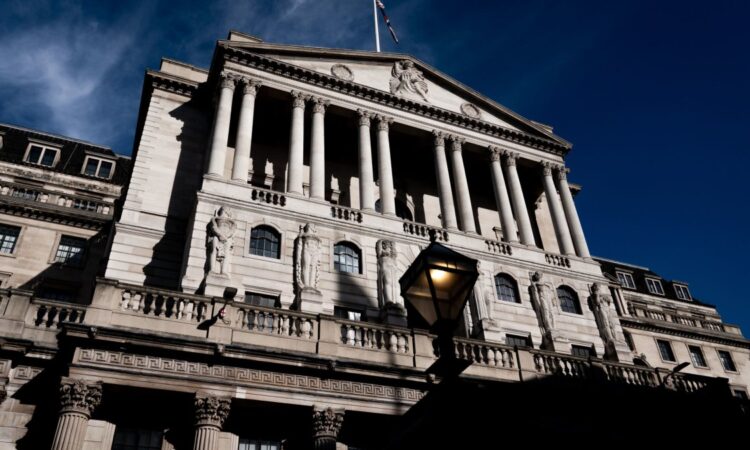
Welcome to Thursday’s Early Edition from i.
Britain’s “sticky” and stubborn inflation didn’t sound like good news when it dropped yesterday, with figures remaining steady at 6.7 per cent. The cost of an average food shop is still up by more than 12 per cent compared to a year ago, and there are also signs that private rents are on the rise again. But among the figures released were some small glimpses of hope. Food and non-alcoholic drink prices saw their first fall in two years, and core inflation, which is monitored carefully by the Bank of England when it comes to setting interest rates, also dropped from 6.2 to 6.1 per cent. Jeremy Hunt said: “As we have seen across other G7 countries, inflation rarely falls in a straight line, but if we stick to our plan then we still expect it to keep falling this year.” And despite the latest figures showing a plateau on the rate, many experts are now predicting that Rishi Sunak’s promise of slashing inflation in half by the end of the year could actually materialise. What are the signs things might be looking brighter? We’ll take a look after the news.
Today’s news, and why it matters
Rishi Sunak is to urge Middle East leaders to prevent any dangerous escalation of conflict as he embarks on a two-day trip to Israel and neighbouring countries. Ahead of his first-ever visit to the region as PM, Mr Sunak said the blast at the al-Ahli hospital in Gaza, which killed hundreds of Palestinians, should be a “watershed moment” in which leaders step back from the brink of war.
Jeremy Corbyn and several of his left-wing supporters within Labour have come under heavy criticism for blaming Israel for the bombing of a hospital in Gaza. The former Labour leader immediately accused Tel Aviv of “war crimes” after the strike on the al-Ahli Arab hospital in the Gaza strip. The Labour leadership urged anyone entering the debate on this matter to do so in a “responsible way”.
A woman who lived for two years with a cancer diagnosis and even had her eggs frozen after having immunotherapy was left in “complete shock” when doctors told her she had been wrongly diagnosed. Theatrical make-up artist Megan Royle, 33, underwent nine cycles of treatment after she was told she had skin cancer, and endured surgery and treatment which affected her fertility for nothing.
A 13-year-old boy who was having a water fight with his younger sibling was surrounded by armed officers from London’s Metropolitan Police after his water pistol was mistaken for a real gun. The youngster was confronted by marksmen in Hackney, east London, after a police officer on patrol reported a potential firearms incident.
UK rents have increased at the fastest annual rate since records began seven years ago. Private rents rose 5.7 per cent year-on-year in September, up from 5.6 per cent in July, the largest annual increase since the Office for National Statistics began collecting data in 2016.
Three bits of positive news about the economy: :
Inflation could fall significantly next month: Forecasts from the Bank of England predict that inflation for October will be down to 5 per cent, with a further fall to 4.8 per cent in November. James Smith of the Resolution Foundation think-tank said: “Progress on falling inflation has stalled, for one month at least. It should fall sharply next month to below 5 per cent next, as energy prices fall for most people.” Julian Jessop of the free-market Institute of Economic Affairs added: “A large drop is baked in for October. The reduction in the Ofgem cap on domestic energy bills will knock more than one percentage point off the headline rate this month.” And Sanjay Raja, chief UK economist at Deutsche Bank, said: “By year-end, we think headline CPI will have slowed to around 4.5 per cent – firmly below the Government’s pledge to halve inflation from the start of the year.” Read the full story here. However it’s still worth noting that The Bank of England’s target rate for inflation is 2 per cent, but the UK is not expected to reach this until around 2025.
Interest rate rises might be off the cards: A bit of good news for mortgage holders could be on the horizon, as economists say the Bank is unlikely to increase interest rates next month. Last month, the Monetary Policy Committee opted to hold rates at 5.25 per cent after 14 consecutive increases, although four members of the nine on the committee voted for a rise. But five out of six experts on i’s panel of economists have said inflation holding steady in the latest round of data is unlikely to tip the balance in favour of another rise. Read the full story here. However, it’s also unlikely that interest rates will be going down anytime soon, or that mortgage rates are likely to change drastically. As Jessie Hewitson notes: “for the moment, things not changing too much is the best place we can be.”
Things could change by Spring: As Hamish McCrae outlines in his newsletter, the “outlook both on growth and cost of borrowing may appear quite a lot brighter” by early next year. This may give the government, notably Jeremy Hunt, some wriggle room for spending. He continues: “The central banks worldwide will be cutting short-term rates and we may see a dip in longer-term rates, too. So he should explain that if the forecasts look significantly better next March, [Hunt] will take advantage of the additional leeway that he may have. Read his full piece here.
But: Jeremy Hunt is poised to announce more back-to-work welfare reforms in a drive to reduce economic inactivity – and there are concerns millions of families could face real-terms cuts to the value of their benefits. Downing Street has refused to guarantee that next year’s benefits would rise in line with September’s inflation figure of 6.7 per cent. The Government has also hinted that it could tweak the state pension calculations to keep the cost down for taxpayers. Read that story here. The next set of ONS inflation figures are due out just a week before Mr Hunt’s Autumn Statement – and all eyes will be on whether forecasts of an improvement finally come through.
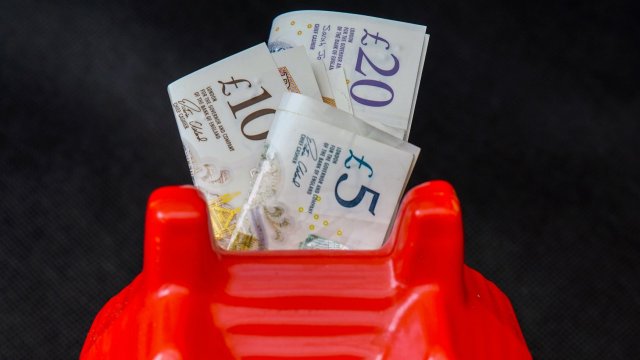
Around the world
Egypt has agreed to open the Rafah crossing to allow some humanitarian aid into Gaza, Joe Biden has announced after civilians warned they were “living in a nightmare”, with critical supplies “perilously low”. Mr Biden did not give a timeline for the opening, but US national security spokesman John Kirby said it would occur in coming days following repairs to the road.
A Palestinian doctor said he refuses to leave Gaza’s biggest hospital believing he has a “duty to stay,” despite fears it could be targeted. Omar Mofeed, a Palestinian man who has lived in West London since 2013, said his brother, Dr Ahmed Mofeed, 36, is the only reconstruction surgeon left at Gaza City’s main hospital, Al-Shifa Hospital.
The SAS is preparing to assist Israel’s elite forces in any rescue attempt of nine British civilians being held by Hamas in Gaza, i has been told. A number of military and security sources claimed that SAS personnel are working alongside special forces from Israel and the US to collect intelligence that may lead to attempts to rescue the 200-plus hostages from a number of different nations being held in Hamas hideouts and tunnels throughout Gaza.
Hundreds of cats and dogs, among some other animals, have been rescued from a trafficking network in Spain. The gang is also accused of forging documents to falsely say the animals were healthy for sale.
A giant tortoise called Frank the Tank who was found abandoned in a spinach patch is seeking a new home – for the next 100 years. The reptile is “the size of a giant serving platter that you are going to put a turkey that you have cooked for 24 people,” the woman who found him said. Anyone considering adopting Frank would need “reinforced housing” – and to live in British Columbia, where he was found.
Watch out for…
another test for Rishi Sunak and the Tories as they face two by-elections. Voters go to the polls in Mid-Bedfordshire after Nadine Dorries stood down, and in Tamworth, following the resignation of Chris Pincher.
Thoughts for the day
I have learnt how easy it is during a war to be sucked into the hate machine. The purpose of terrorism is fear. But the purpose of what is happening now in the Middle East is something else, writes Ian Dunt.
Hamas, Iran, Syria, Russia and China – a formidable axis is forming against the West. The past 24 hours have shown how much the Middle East has become a tinderbox of anger and resentment, says Dan Rivers.
I’m childless – and this is what I want to say to friends with kids. I wish I’d supported you more. I wish I’d made myself more involved earlier on in your children’s lives, Liz Guterbock writes.
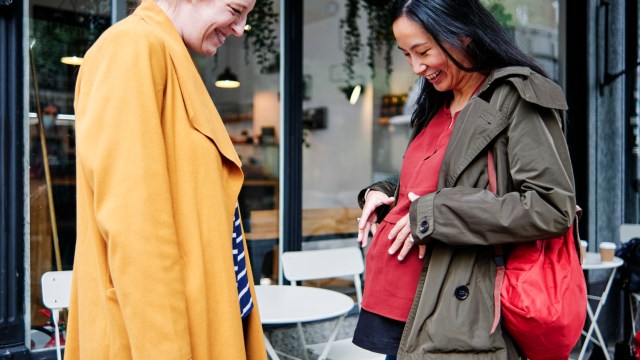
Culture Break
Al Murray: ‘You’ve got to look hard to find something to be proud of about the British Empire’. The Pub Landlord is back with a new history series – and he doesn’t care if you think he hates England.
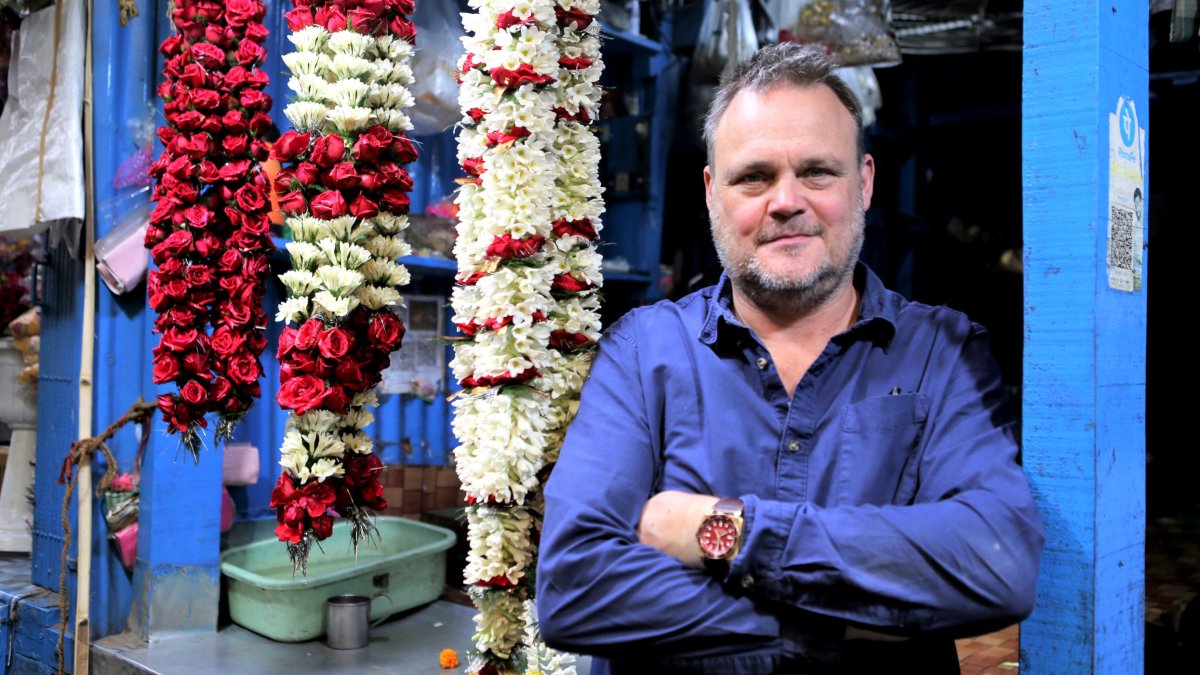
The Big Read
‘Akshata Murty doesn’t deserve the s**t thrown at her’: The public price of being Rishi Sunak’s wife. British political leaders’ spouses who once stayed in the background are today’s election ‘secret weapons’ who get media scrutiny to match their new status.
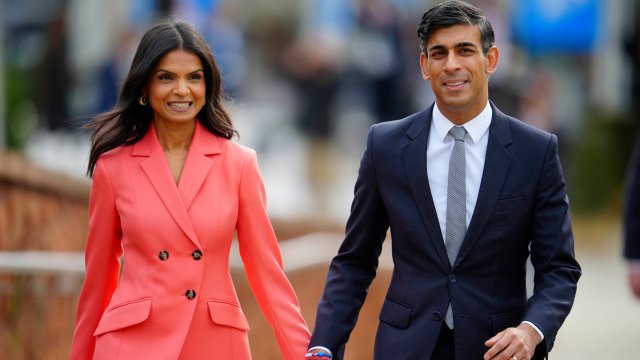
Sport
Jim Ratcliffe’s revolution at Man Utd unlikely to start until next summer with ‘some way to go’ on deal. The Ineos chairman is unlikely to make any sweeping changes before the end of the current campaign once the deal is officially completed, writes Pete Hall.
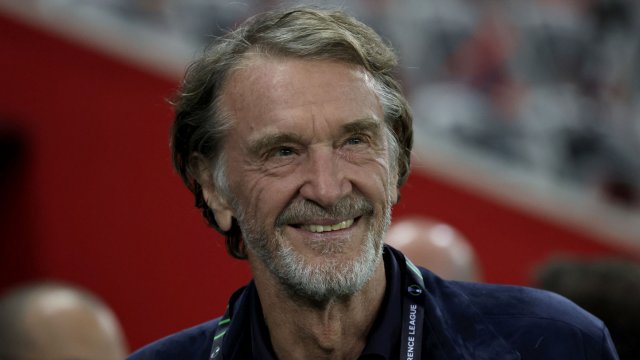
Something to brighten your day
London’s Millennium Bridge is no stranger to controversy, being dubbed the “wobbly bridge” when it first opened. But now it is also the site of adherence to a strange and ancient law, which requites a bundle of hay be hung from its railings. The tradition is down to the Port of London’s Thames Byelaws, which state a “bundle of straw large enough to be conspicuous” must be suspended when the headroom of a bridge arch or span is reduced from its normal limits.
